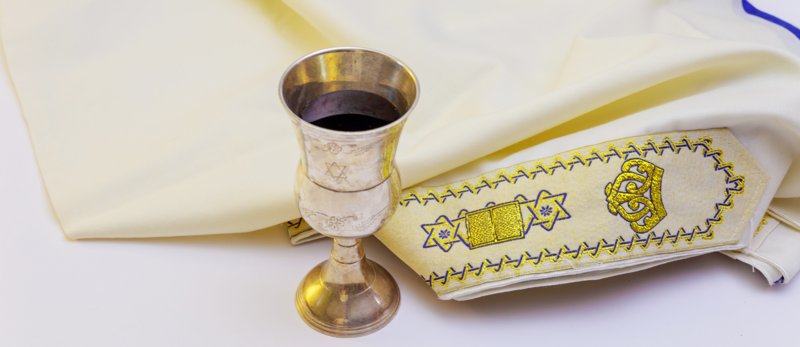If you want a general understanding of Jewish holidays, then this is the page for you. We have other pages on the site with more detailed information about the specific Jewish holidays. You can find individual holidays in the navigation tabs above or scroll down to find links to learn about each one.
Why do Jewish holidays keep changing dates?
Jewish holidays actually occur on the same day every year: the same day on the Jewish calendar! The Jewish calendar has a different number of days than the calendar you use because the Jewish calendar is tied to the moon’s cycles instead of the sun’s. The Jewish calendar loses about 11 days relative to the solar calendar every year, but makes up for it by adding a month every two or three years. As a result, the holidays don’t always fall on the same day, but they always fall within the same month or two. The Chinese calendar (which is also lunar) works the same way, which is why Chinese New Year occurs on different days but is always in late January or early February. The Muslim calendar is lunar but does not add months, which is why Ramadan circles the calendar.
When does a Jewish Holiday Start and End? How long is a Jewish holiday?
In ancient times, because of confusion about the calendar, an extra day was added to some holidays. In modern times, some branches of Judaism have abandoned this custom, returning the holidays to the length specified in the Bible. Other branches continue the ancient tradition of adding a day to certain holidays. Thus for some Jews, Thursday is a holiday but Friday is not, while for others, both Thursday and Friday are holidays.
Adding to the confusion is the fact that a Jewish “day” starts at sunset, and holidays start the evening before the day on your secular calendar. For example, if your calendar says that Passover starts on April 24, families will be getting together for Passover dinner on the night of April 23. A few secular calendars mark the preceding day as “Erev Passover,” which basically means Passover Eve. If your calendar says “Erev” or “Eve” before a holiday name, it means the holiday starts the evening of that day and continues into the next day.
The major Jewish holidays are Shabbat, Rosh Hashanah, Yom Kippur, Sukkot, Simchat Torah, Hanukkah, Purim, Passover, and Shavuot.
Download and print our Jewish Holiday calendars below:
Thu, July 10 2025
14 Tammuz 5785

Privacy Settings | Privacy Policy | Member Terms
©2025 All rights reserved. Find out more about ShulCloud








